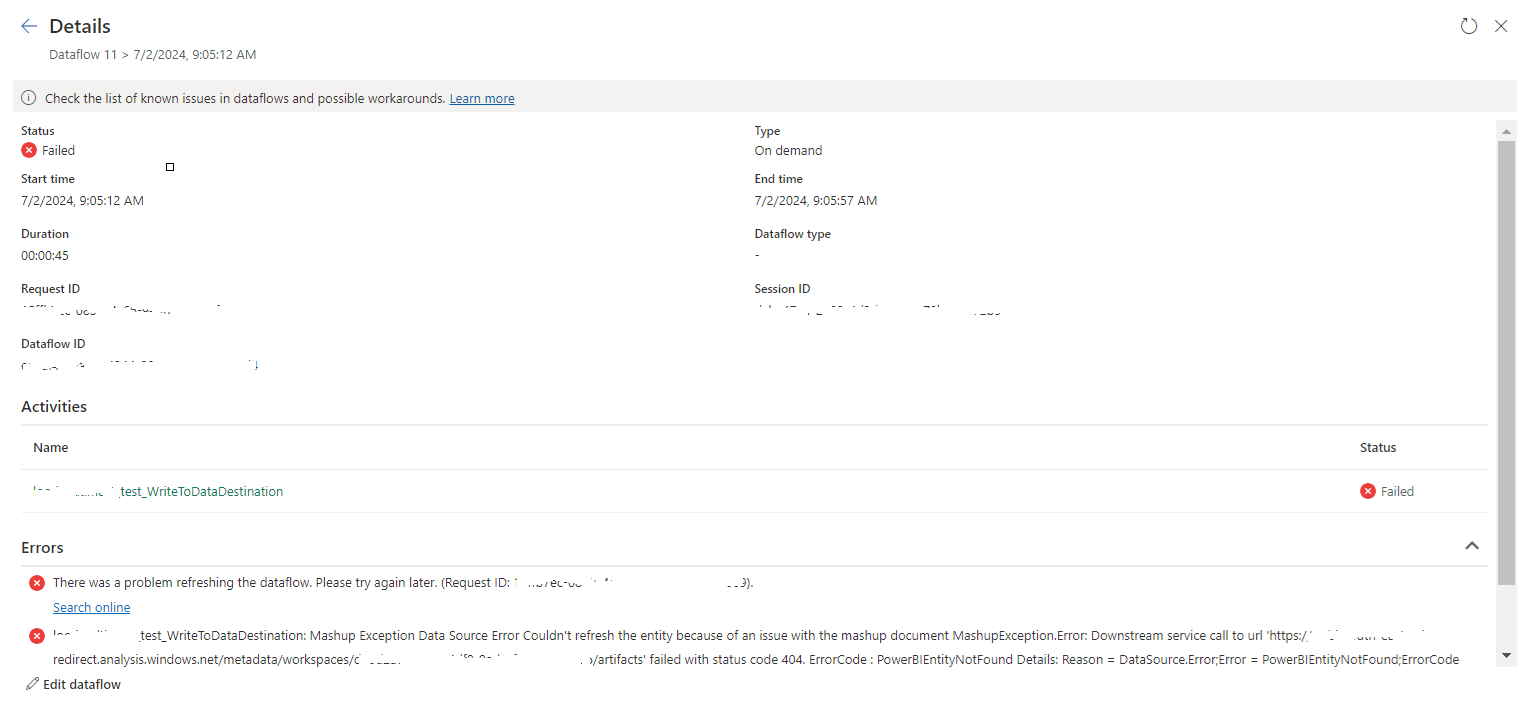A modern data warehouse is a cutting-edge approach to data management and analytics that combines traditional data warehousing concepts with modern technologies and practices. It is designed to efficiently collect, store, process, and analyze vast amounts of data from various sources to support data-driven decision-making in real-time or near-real-time.
Key characteristics of a modern data warehouse include:
- Scalability:
Modern data warehouses are designed to scale horizontally or vertically to
handle the growing volume of data. They can seamlessly adapt to changing
business needs.
- Integration:
They integrate data from diverse sources, including structured and
unstructured data, on-premises and cloud-based sources, IoT devices, and
more.
- Data
Processing: Modern data warehouses use advanced processing techniques,
such as distributed computing, parallel processing, and in-memory
analytics, to handle complex data transformations and queries quickly.
- Advanced
Analytics: They support a wide range of analytics, including machine
learning, artificial intelligence, and predictive analytics, allowing
organizations to extract valuable insights from their data.
- Real-time
Data: Many modern data warehouses offer real-time data processing
capabilities, enabling businesses to make decisions based on the most
up-to-date information.
- Cost
Efficiency: They are designed to optimize cost by separating storage
and compute, allowing users to pay only for the resources they consume.
- Security
and Compliance: Modern data warehouses prioritize data security and
compliance with features like encryption, role-based access control, and
auditing.
- Self-Service
BI: They often include self-service business intelligence tools that
empower non-technical users to explore and visualize data independently.
Overall, a modern data warehouse is a flexible and powerful
platform that empowers organizations to harness the full potential of their
data for better decision-making and competitive advantage. It serves as the
foundation for modern data-driven enterprises.


No comments:
Post a Comment